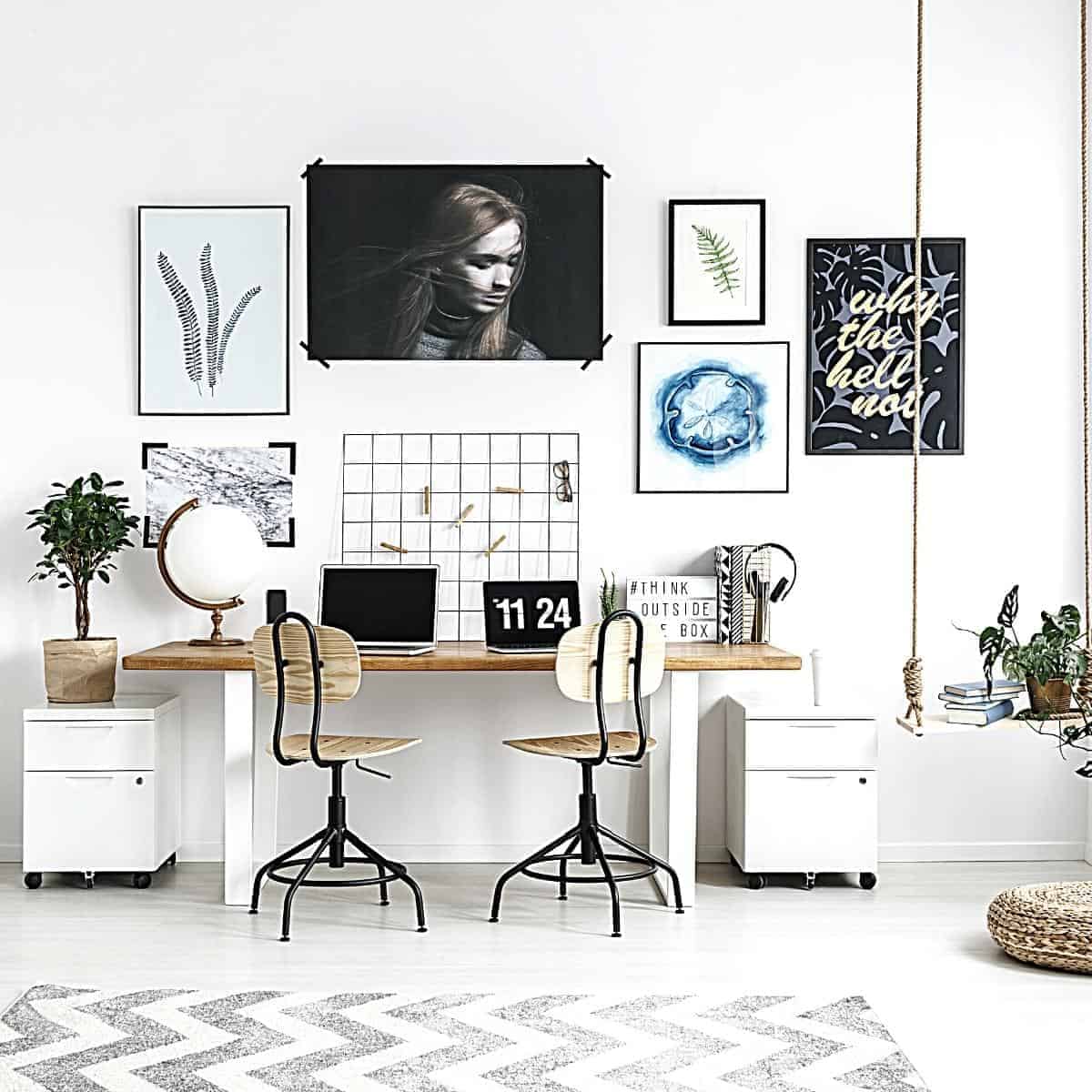How to build constructive relationships with your child’s teacher
This is a collaborative post.
As a parent, it is important to build constructive relationships with your child’s teachers. By doing so, you can ensure that your child receives the best education possible and that you are aware of any issues that may arise.
Teachers are known to be one of the most influential people in your child’s life, which is why it is important that their interactions are constructive.
Their job is to create a caring, safe and supportive environment that will allow your child to feel valued, seen and understood. It’s in this type of environment that little ones are able to learn and develop well. Read on for some advice from this private sixth form in West Sussex on how to build constructive relationships with your child’s teacher.

Introduce yourself early on
As soon as the school year starts, it is important to do your best to introduce yourself to your child’s teacher. This can simply be done in person or through e-mail.
Let your child’s teacher know a little bit about yourself, your child and what you would like them to achieve in their education. This is one of the easiest ways to establish an open and friendly relationship with the teacher from the very beginning.
Communicate regularly
Communication is key to any healthy relationship. Make sure that your child’s teacher has all of your contact information, including emergency numbers and your e-mail address.
Alongside this, be sure to put in the effort to communicate regularly, whether this is through phone calls, emails or in-person meetings. This can help you to stay up to date with your child’s progress at school and stay aware of any issues that may arise.
Keep your child’s teacher informed
Naturally, you will want to keep a good relationship with your child’s teacher to ensure that they take care of your child’s well-being and education. However, whilst this is an expectation, others that are specific to your child need to be communicated with your child’s teacher to keep them in the loop.
As some children struggle to manage their emotions, it is important to discuss personal issues with the teacher to ensure they understand why your child may be acting differently from normal. Keep them informed of any recent changes to their life, as the teacher can adjust and change their expectations in class accordingly.
Moreover, encourage your child’s teacher to also communicate any changes that have been made in class to ensure you are aware of what is going on when you are not with your child.






